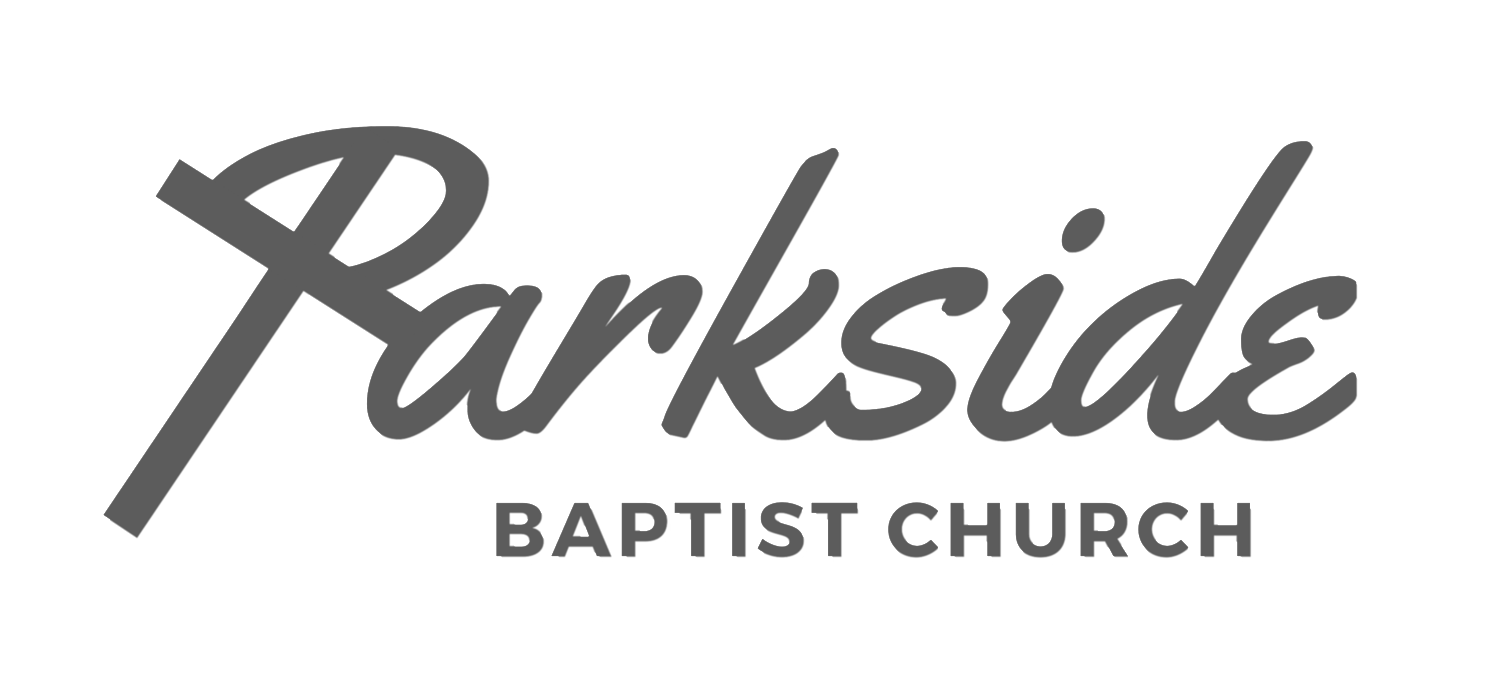We have just started a new series at church based out of John 15 and Jesus image of the vine and the branches. He is the vine and his call is for us as branches to abide in him. If we do then we will produce fruit. So what does it look like for Jesus to abide in us? The disciples find out pretty quickly what that is through the promise and coming of the Holy Spirit who would remain in them and fill and empower them. We read in Acts 2 that the Holy Spirit came and filled ALL of the believers, and that from this point on God through the Holy Spirit was abiding in each person. The outcome of this abiding was that they declared or revealed the wonders of God to the ordinary people around them in a way they could understand (their native tongue).
As believers today we are filled with the same Holy Spirit. When we abide in Jesus and his Spirit abides in us the Spirit empowers us to declare or reveal the wonders of God to those around us in ways that they can understand or that are noticeable to them. Of course some people in Acts made fun of them as they may of us, but many people were attracted to them and wondered at what they saw and heard. This gave Peter the opportunity to expound the good news to them.
When I was recently on retreat at Sevenhill, I went into the church one morning and was drawn to the brilliant pattern of light I saw on one of the walls. After marveling at it for a few moments I wondered where it was coming from and looked to the other side of the church to see the light streaming through the stain glass window. The window itself was not spectacular and the glass was old and dirty. Yet the light shining through it and illuminating it produced something attractive, spectacular, and beautiful on the other side of the church. It made me think again about this abiding thing. When the Holy Spirit abides in us and shines through us and illuminates us then just like the early church we hopefully reflect the love of God and reveal his wonders to those around us both individually and corporately. Not because we are special, but because of the power of the Holy Spirit at work illuminating us. Some may laugh, some may not pay any attention, but some will stop and hopefully see the gospel in us in a way they understand.
Abide in Jesus and ask the Holy Spirit to keep illuminating you through his power. If people wonder or ask you what is different, then like Peter, use the opportunity to share with them what Jesus has done for you.
Grace and Peace - Garry





